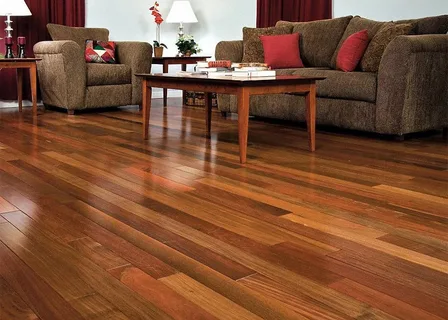Comparing Hardwood vs. Engineered Wood Flooring: Pros and Cons
When it comes to choosing the perfect flooring for your home, wood floors remain a timeless and popular option. But within this category, homeowners often find themselves comparing hardwood vs. engineered wood flooring: pros and cons of each. Both offer the natural beauty of wood, but they differ in construction, cost, durability, and installation. This article will break down these differences to help you make the best decision for your space.
What is Hardwood Flooring?
Hardwood flooring is made from solid wood planks milled from a single piece of timber. Common types include oak, maple, and cherry, each offering unique grain patterns and colors. Solid hardwood can be sanded and refinished multiple times, which extends its lifespan significantly.
Pros of Hardwood Flooring:
- Durability: With proper care, hardwood floors can last for decades.
- Aesthetic Appeal: Offers a classic and natural look that adds value to a home.
- Refinishing: Can be sanded and refinished several times to remove scratches or change the finish.
Cons of Hardwood Flooring:
- Cost: Typically more expensive than engineered wood.
- Moisture Sensitivity: Can warp or swell in high-humidity areas.
- Installation: Requires professional installation and sometimes subfloor preparation.
What is Engineered Wood Flooring?
Engineered wood flooring is made from a top layer of real hardwood bonded over layers of high-quality plywood or fiberboard. This layered construction gives it greater stability and resistance to moisture.
Pros of Engineered Wood Flooring:
- Moisture Resistance: More stable in humid or damp environments, making it ideal for basements and kitchens.
- Versatile Installation: Can be installed over concrete or radiant heating systems.
- Cost-Effective: Generally less expensive than solid hardwood while still offering a genuine wood surface.
Cons of Engineered Wood Flooring:
- Limited Refinishing: Can only be sanded once or twice, depending on the thickness of the top layer.
- Lifespan: Generally doesn’t last as long as solid hardwood.
Comparing Hardwood vs. Engineered Wood Flooring: Pros and Cons
When comparing hardwood vs. engineered wood flooring: pros and cons, your final choice will depend on factors like budget, location, and lifestyle. Solid hardwood is ideal for dry, stable environments where long-term durability and refinishing options are priorities. In contrast, engineered wood is perfect for areas where moisture may be a concern or where installation needs more flexibility.
If you’re remodeling a high-traffic area or want a cost-effective solution without sacrificing aesthetics, engineered wood may be the better fit. But if you’re investing in a forever home and want the ability to refinish the floors over time, solid hardwood might be worth the extra cost.
Conclusion
Comparing hardwood vs. engineered wood flooring: pros and cons is essential before committing to a flooring choice. Each type has its own set of benefits and drawbacks, but both can bring beauty and warmth to your home. Evaluate your needs, location, and long-term plans to determine which wood flooring option is the best match for your space.


